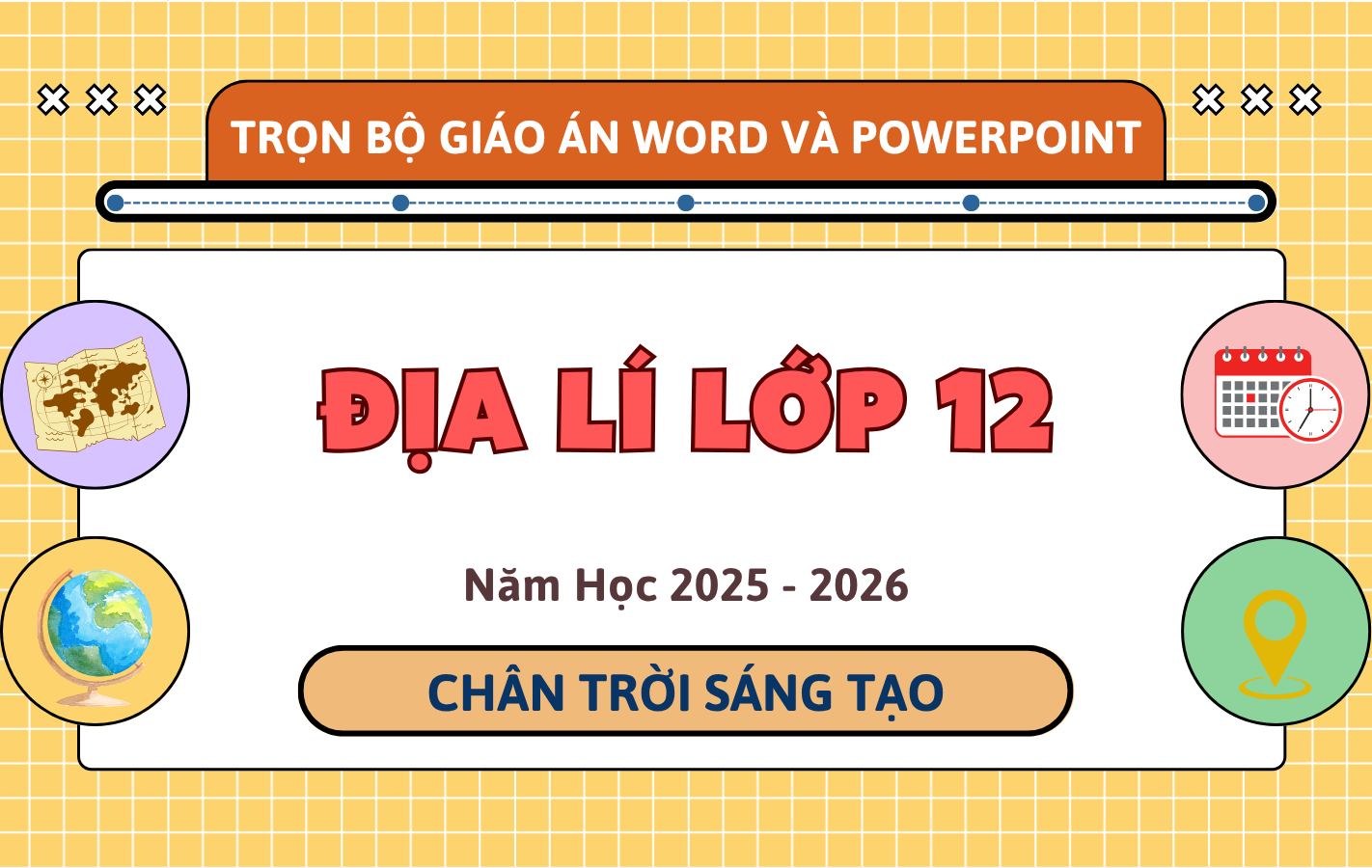Câu hỏi:
Read the following passage and mark the letter A, B, C, or D on your answer sheet to indicate the correct answer to each of the questions.
When parents name their children, they often take into consideration their own preferences, family traditions, or beliefs. In many European cultures, parents typically select names based on family connections, often honoring grandparents or ancestors. For instance, in Italy, children are commonly named after their grandparents, starting with the father's parents and then the mother's. Similarly, in Eastern Europe, children may be named after their deceased relatives to protect them from harm.
In some Asian countries, the naming process may involve the child's grandfather or a fortune-teller, who chooses a name believed to shape the child's character. Names might be inspired by elements like fire, water, earth, wood, or metal, or they may convey qualities such as beauty, strength, or kindness.
African cultures also have unique naming traditions, such as in Ghana's Akan culture, where a child's name is determined by the day of their birth. Each day has specific names for boys and girls, reflecting characteristics associated with that day. For example, a boy born on Friday might be named Kofi, symbolizing a "wanderer" or "explorer" while a girl born on the same day could be named Afua, also representing a traveler.
No matter where a name originates, it holds significant meaning and reflects the child's cultural heritage. Whether chosen out of preference or dictated by tradition, a child's name is a cherished and respected gift.
Which is true in Akan culture if a twin brother and sister are born on a Friday?
Đáp án đúng: D
Dịch đề: Ý nào sau đây thì đúng về văn hóa Akan nếu anh em sinh đôi một nam một nữ được sinh ra vào ngày thứ 6?
Trích bài: For example, a boy born on Friday might be named Kofi, symbolizing a "wanderer" or "explorer" while a girl born on the same day could be named Afua, also representing a traveler.
Nghĩa là chúng sẽ có tên khác nhau.
Câu hỏi này thuộc đề thi trắc nghiệm dưới đây, bấm vào Bắt đầu thi để làm toàn bài
Được thiết kế với định hướng phát triển năng lực toàn diện, Đề Thi Tham Khảo Đánh Giá Năng Lực Năm 2025 – ĐHQG Hà Nội – Đề Số 3 không chỉ kiểm tra kiến thức mà còn đo lường khả năng phân tích, lập luận và giải quyết vấn đề. Với ba phần thi: Toán Học Và Xử Lí Số Liệu, Văn Học - Ngôn Ngữ, và Khoa Học/Tiếng Anh, thí sinh được thử thách qua các dạng bài phong phú như trắc nghiệm, điền đáp án và giải quyết tình huống. Đặc biệt, phần Khoa Học cho phép thí sinh tự chọn 3 trong 5 chủ đề để thể hiện năng lực chuyên biệt của mình, tạo cơ hội tối ưu hóa điểm số theo thế mạnh cá nhân.
Câu hỏi liên quan
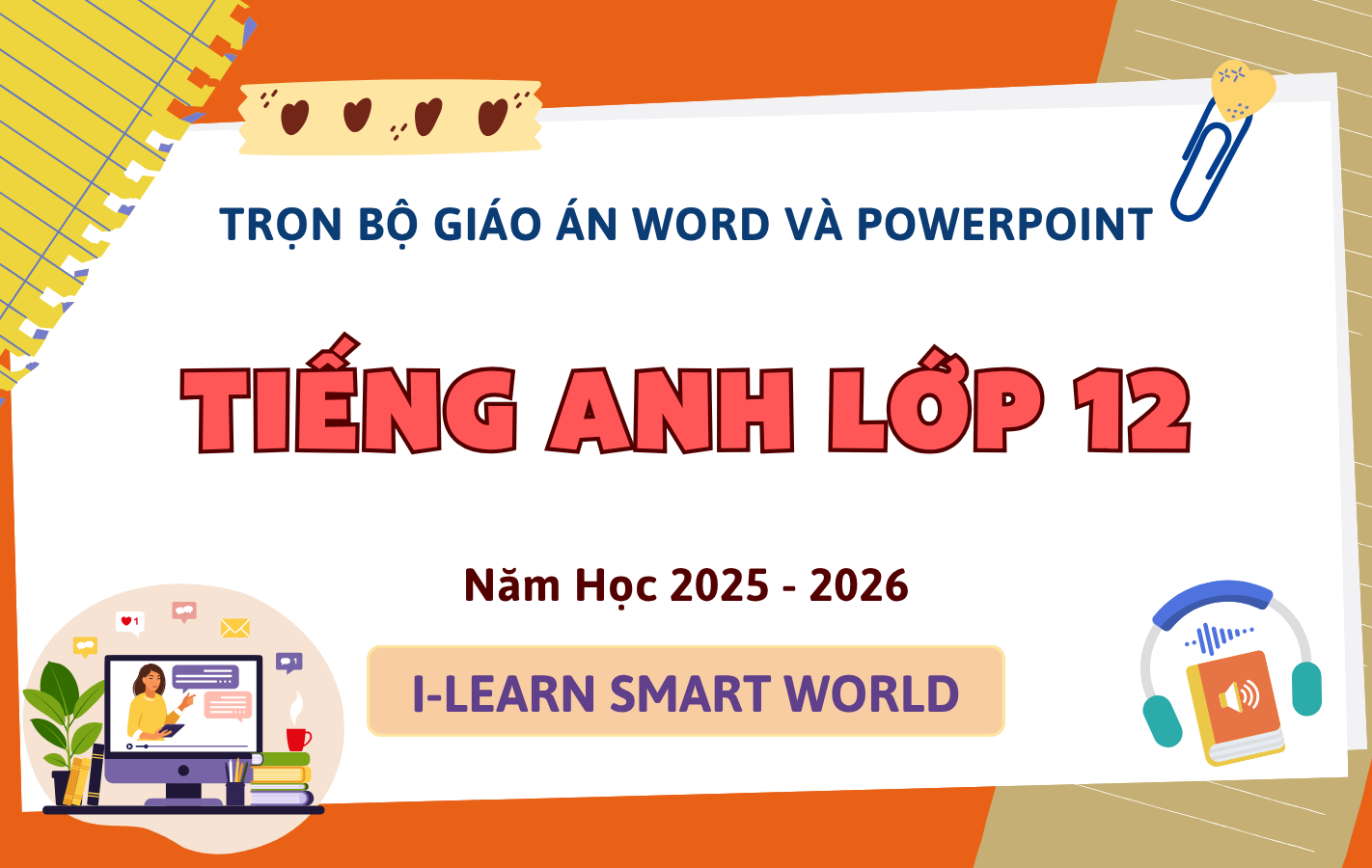
Trọn Bộ Giáo Án Word & PowerPoint Tiếng Anh 12 – I-Learn Smart World – Năm Học 2025-2026
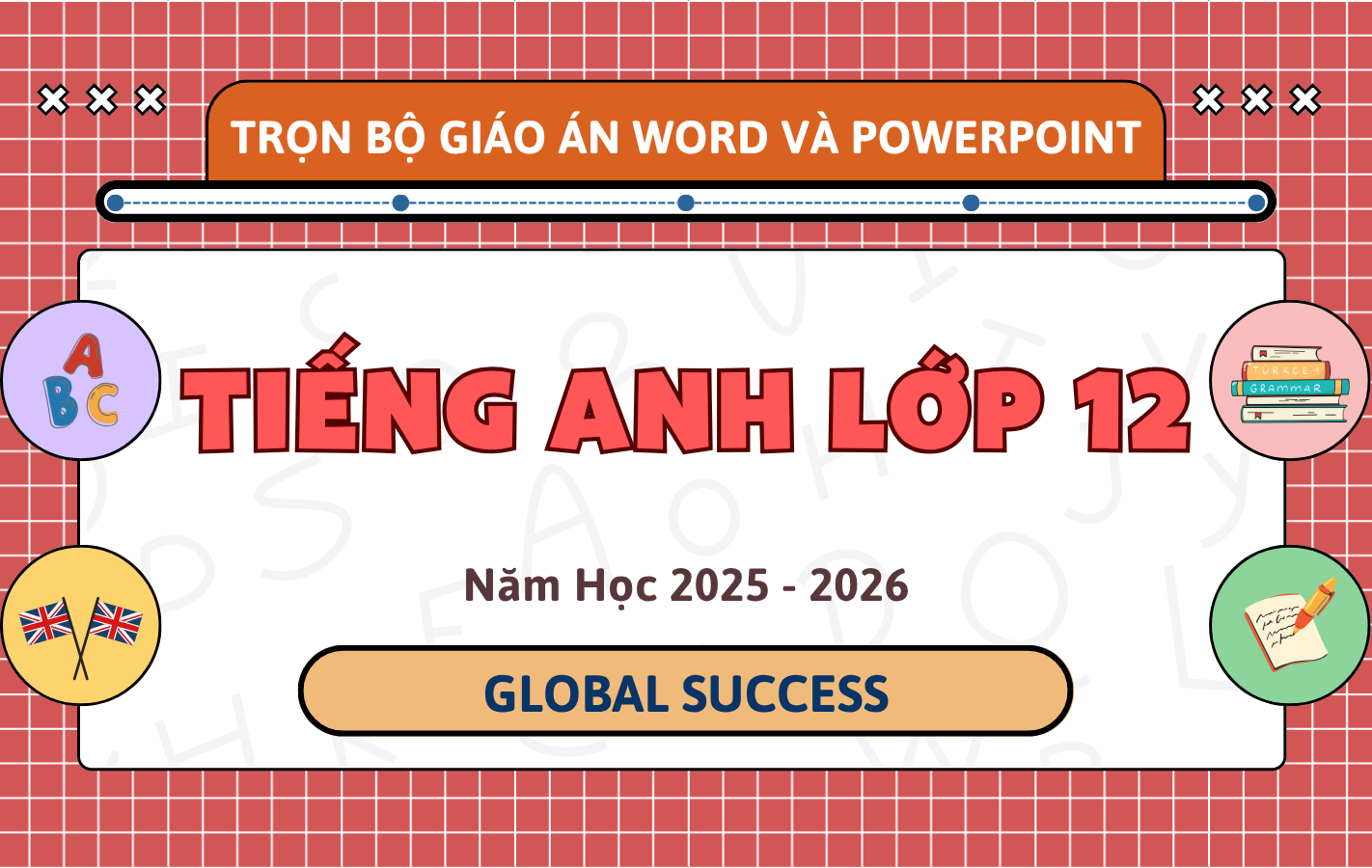
Trọn Bộ Giáo Án Word & PowerPoint Tiếng Anh 12 – Global Success – Năm Học 2025-2026
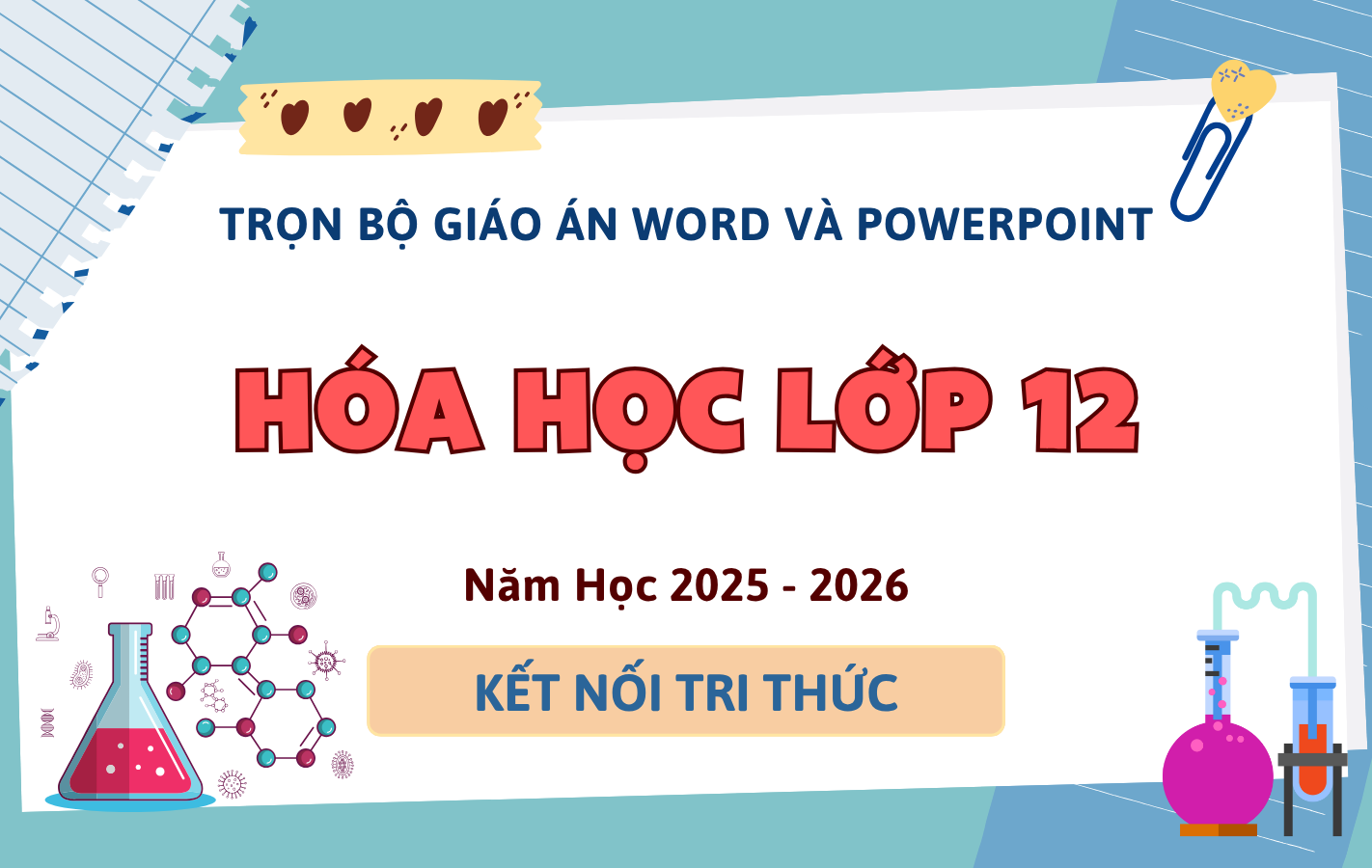
Trọn Bộ Giáo Án Word & PowerPoint Hóa Học 12 – Kết Nối Tri Thức – Năm Học 2025-2026
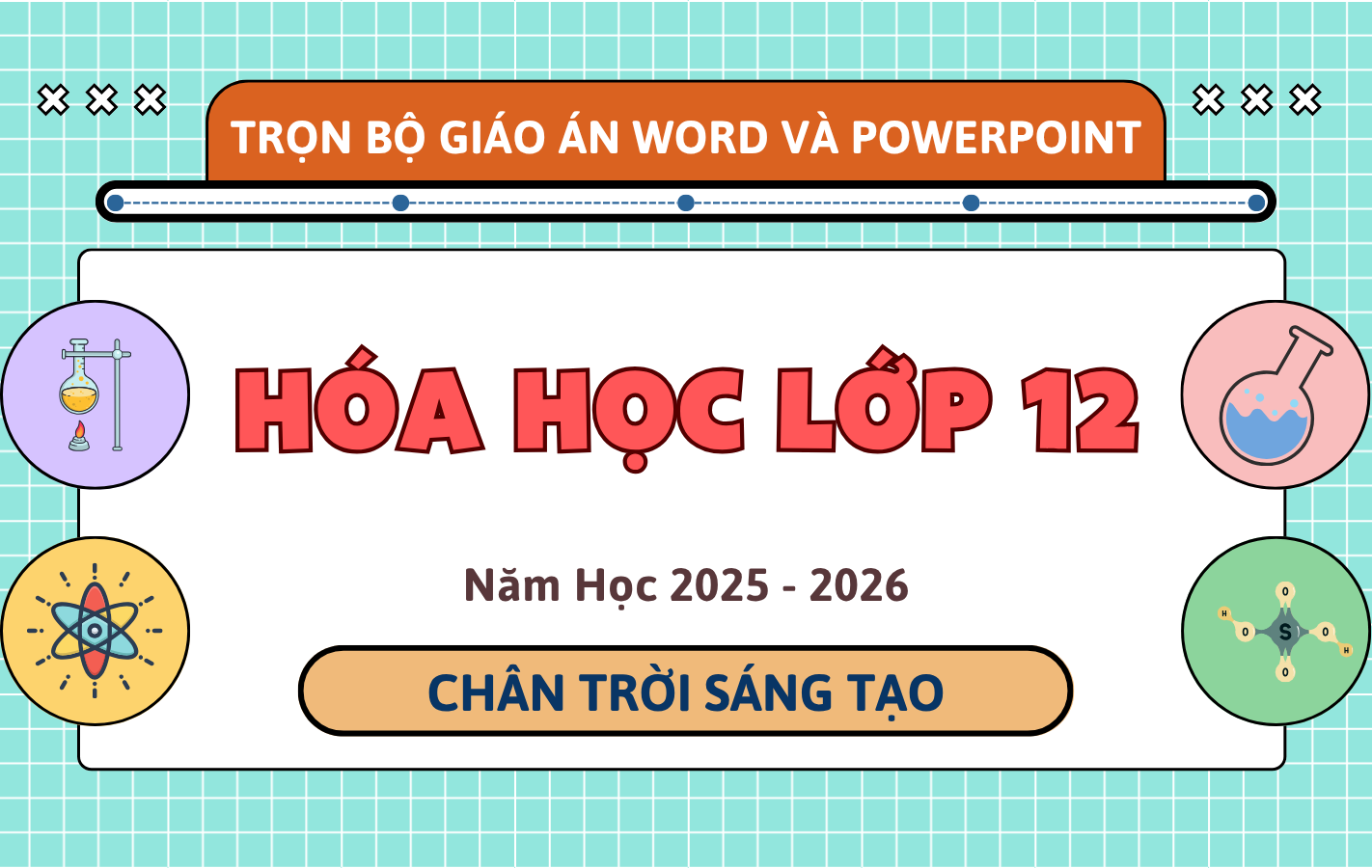
Trọn Bộ Giáo Án Word & PowerPoint Hóa Học 12 – Chân Trời Sáng Tạo – Năm Học 2025-2026
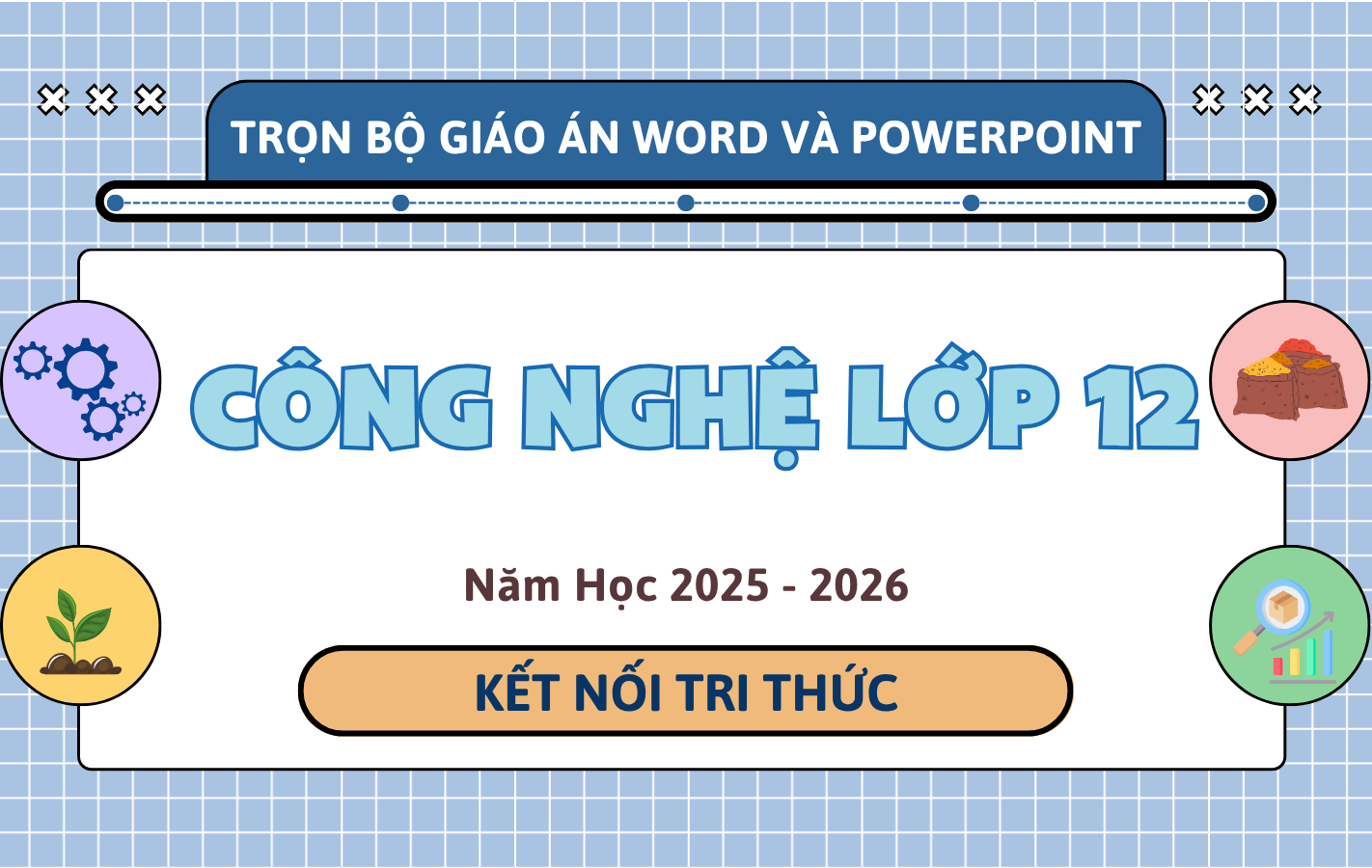
Trọn Bộ Giáo Án Word & PowerPoint Công Nghệ 12 – Kết Nối Tri Thức – Năm Học 2025-2026
